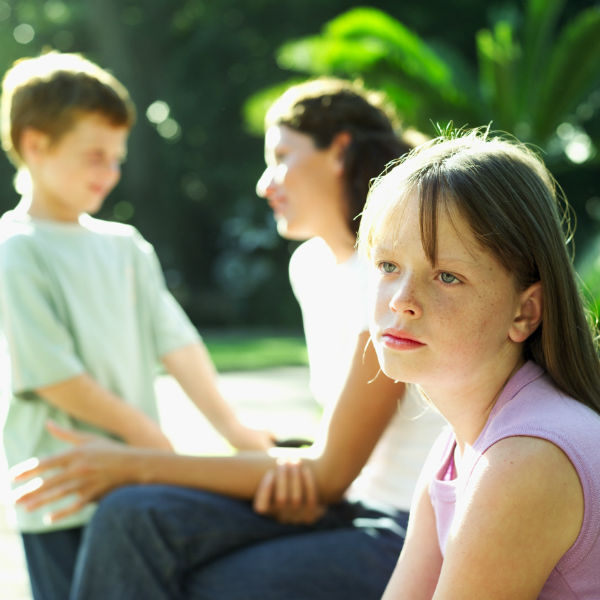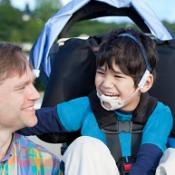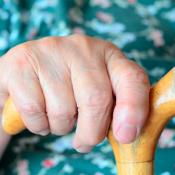 When a family member is diagnosed with a chronic illness, he or she is not the only person who has to deal with the diagnosis—the entire family is affected by it. Think of a car: every part has to work properly and in conjunction with the other parts in order to run smoothly, right? Something as simple as a flat tire can cause the entire system to slow down. The family system is like that car. Each member has roles and responsibilities, and when one person has a medical diagnosis, it can throw off the entire system.
When a family member is diagnosed with a chronic illness, he or she is not the only person who has to deal with the diagnosis—the entire family is affected by it. Think of a car: every part has to work properly and in conjunction with the other parts in order to run smoothly, right? Something as simple as a flat tire can cause the entire system to slow down. The family system is like that car. Each member has roles and responsibilities, and when one person has a medical diagnosis, it can throw off the entire system.
So when a child is diagnosed with a chronic illness, the entire family system is affected. Having a child with a chronic illness can be difficult for everyone. Managing schedules and doctor appointments, going to different therapies, and dealing with sudden changes of symptoms can be exhausting for the child with the illness as well as for the parents.
But what about the nondiagnosed siblings? How are they affected? Family routines and dynamics can drastically change when a child is diagnosed with a chronic illness. This change can affect the nondiagnosed siblings in different ways. Some normal emotions for nondiagnosed siblings include:
- Guilt (because they are healthy and their sibling isn’t)
- Anger (that parents spend more time with the diagnosed sibling)
- Resentment (that the diagnosis has changed the family routine)
- Worry (that their sibling will get worse or die)
- Fear (that they or another family member will contract the illness)
What can you do as a parent to help your nondiagnosed children cope with their sibling’s illness? Here are a few tips:
Express Feelings
Encourage your kids to talk about their feelings, even when it’s not so positive, and validate them when they do open up. Model this behavior by expressing yourself in a truthful and age-appropriate way to your children.
Maintain Rules
Keep your family rules intact. Many parents feel guilty enforcing rules when there is an illness, but structure can help children know what to expect; it helps them feel safe.
Include Siblings
Do not allow siblings to be caretakers per se, but invite them to doctor or therapy appointments when possible. This can help them understand what your diagnosed child is going through.
Stay Active
Although some extracurricular activities might have to be altered, it’s important to find doable hobbies in which everyone can participate. Being able to enjoy the fun things in life can help the family cope better and feel “normal.”
Make Time
The diagnosed child gets a lot of your undivided attention. Be sure to take time out for your nondiagnosed children, too. It will help them know that they are still important to you.
It’s not always easy to see when a nondiagnosed child is struggling because he or she doesn’t always know how to express feelings. A few things you can look for are changes in sleep, mood, or appetite. You should also be aware of regressed behaviors or changes in school functioning. If you see these changes consistently, consider seeking the assistance of a therapist to help the child cope more effectively.

The preceding article was solely written by the author named above. Any views and opinions expressed are not necessarily shared by GoodTherapy.org. Questions or concerns about the preceding article can be directed to the author or posted as a comment below.


 Know Your Limits When Parenting Children with Chronic Illness
Know Your Limits When Parenting Children with Chronic Illness Coping with Mental and Physical Aspects of Chronic Illness
Coping with Mental and Physical Aspects of Chronic Illness Caregiver Burnout: When Someone You Love Is Chronically Ill
Caregiver Burnout: When Someone You Love Is Chronically Ill

Please fill out all required fields to submit your message.
Invalid Email Address.
Please confirm that you are human.
Leave a Comment
By commenting you acknowledge acceptance of GoodTherapy.org's Terms and Conditions of Use.